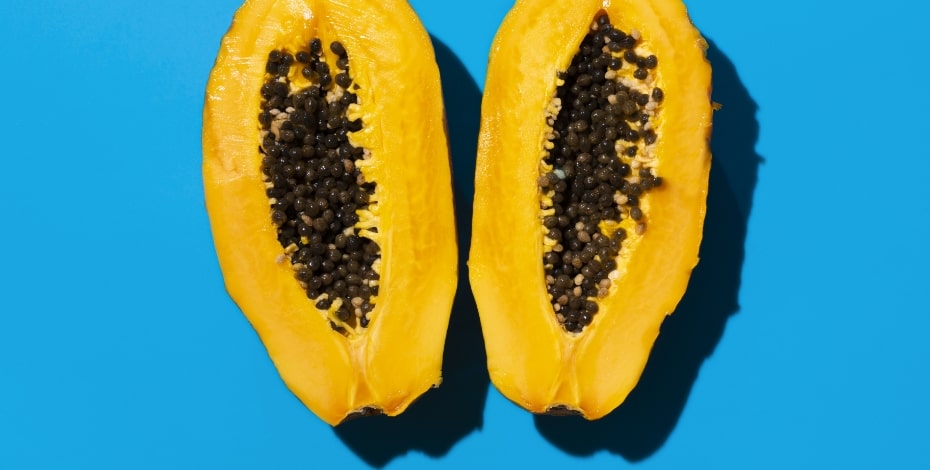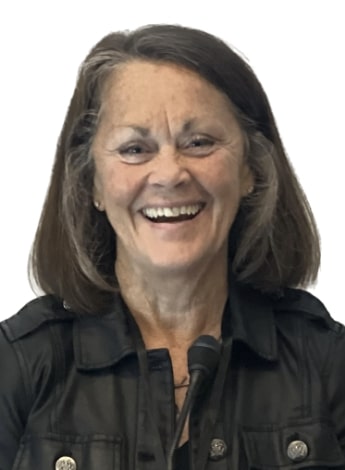
Chronic vulvar pain front and centre

International presenter Dee Hartmann will discuss chronic vulvar pain in a series of one-day courses across Australia in May.
What’s the main goal of this course for physiotherapists dealing with vulvar pain?
The goal for this one-day intensive talk is to encourage women’s health physiotherapists to broaden their scope of care of those with chronic vulvar pain, whatever the cause may be.
It will include a review and discussion of suggested assessment and treatment approaches as well as introducing and discussing functional sexual anatomy and typical pathways to pleasure.
Can you explain some key topics covered in the course, such as provoked vestibulodynia?
The talk will touch on pertinent anatomy, physiology, psychology and trauma and how those topics can contribute to chronic vulvar pain, be it provoked vestibulodynia; postpartum dyspareunia and lack of desire; or dyspareunia, burning and pain associated with menopause.

Dee Hartmann.
The talk will go on to the next step of recovery by describing how sensual and sexual pleasure can be added to the treatment regime.
How does the course teach physiotherapists to better understand vulvar pain?
Chronic vulvar pain often presents us with a clinical conundrum—how do we know if it’s the driver or the passenger?
Is the overactivity in the pelvic floor muscles creating the problem or is it merely a response?
The talk will review and discuss possible physical and psychological contributors that may be driving the overall pain.
What’s the focus of the course when it comes to vulvar pain generators?
The course covers possible generators and suggested treatment strategies for vulvar pain across the life cycle, ranging from pain with first vulvar touch as a child, pre-teen or teenager (primary localised provoked vestibulodynia) to postpartum sexual pain (decreased libido, painful penetration) and on to discomfort caused by symptoms of menopause (genitourinary syndrome of menopause).
In simple terms, how does the course help physiotherapists treat people with vulvar pain?
People with chronic vulvar pain who are seeking our care need our attention, our knowledge, our empathy and our gentle
hands.
If we listen attentively and ask the right questions, we’ll know how to guide our patients down the pathways of helping themselves.
‘From pain to pleasure’, presented by Dee Hartmann, will run on 10 May in Adelaide, South Australia; on 17 May in Sydney, New South Wales; and on 20 May in Brisbane, Queensland. Click here and here for more information and to register.
>> Dee Hartmann is an internationally known speaker, educator and author on topics related to women’s health and sexuality. Dee has spent more than 30 years treating patients and educating multidisciplinary clinicians on the care of women with chronic vulvar pain and the sexual problems it creates.
© Copyright 2024 by Australian Physiotherapy Association. All rights reserved.





